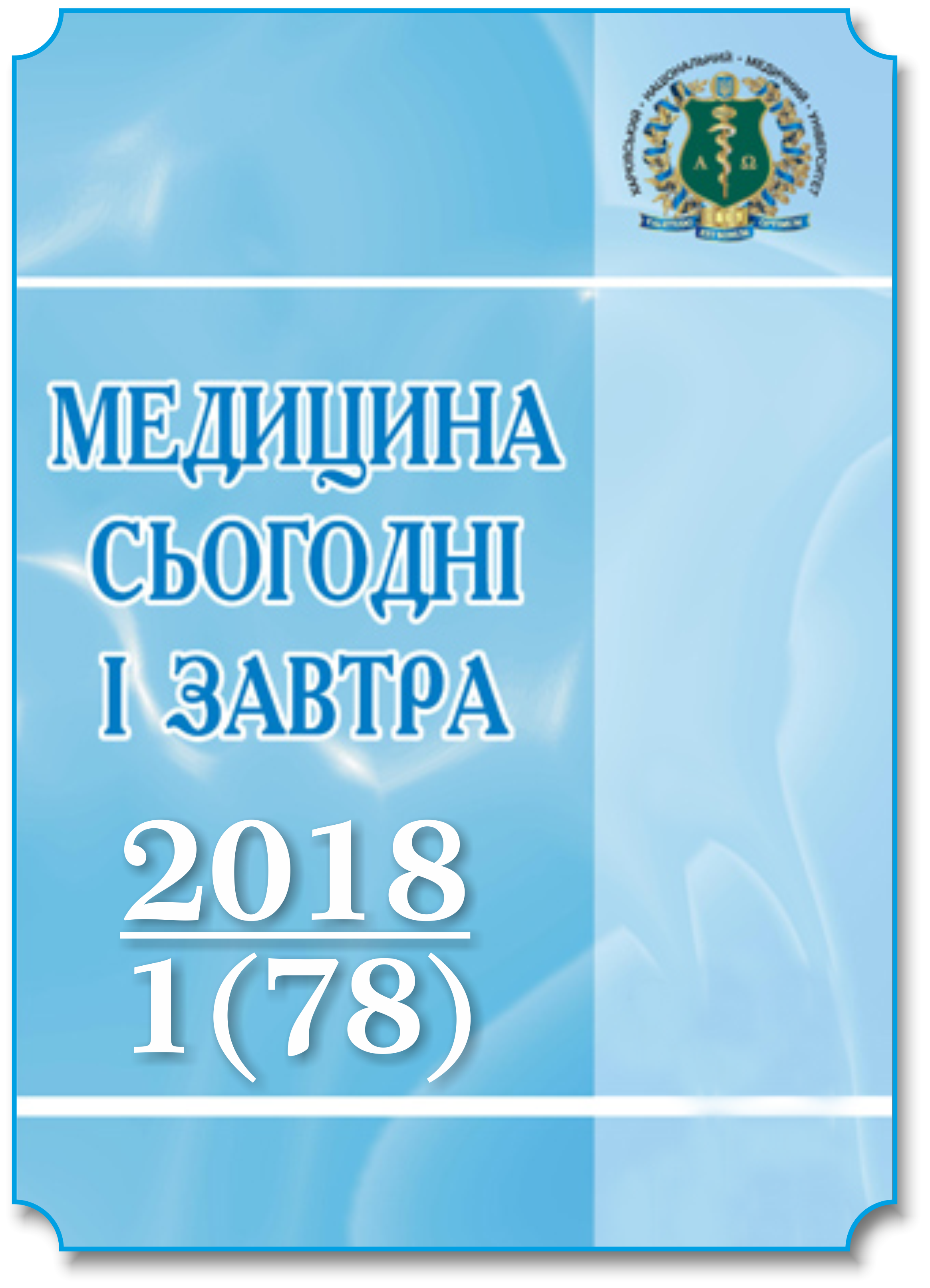Анотація
У дослідженні брали участь 105 пацієнтів з гострим інфарктом міокарда й когнітивними порушеннями трьох вікових груп: 34–40; 41–50 та 51–60 років. Стан когнітивних функцій оцінювали за допомогою нейропсихологічних методів: MMSЕ, тесту малювання годинника, тесту «запам’ятовування 10 слів» А.Р. Лурія. Використовували три схеми лікування: перша – кверцетином; друга – кверцетином + 2-етил-6-метил-3-гідроксипіримідину сукцинатом; третя – кверцетином + морфолінієм-3-метил-1,2,4-триазолін-5-тіоцетамом. Установлено достовірне підвищення вмісту кортизолу в сироватці крові в усіх вікових групах пацієнтів. Концентрація кортизолу була найвищою в пацієнтів 34–40 років, що вказує на значно тяжчий перебіг гострого інфаркту міокарда. У пацієнтів, які отримували терапію морфолінієм-3-метил-1,2,4-триазолін-5-тіоцетамом, концентрація кортизолу зменшувалась уже на 3-тю добу лікування. Зниження концентрації кортизолу в сироватці крові пацієнтів, що страждають на гострий інфаркт міокарда, підтверджує показники нейропсихологічних тестів та вказує на регрес когнітивних розладів. При додаванні до стандартної терапії морфолінію-3-метил-1,2,4-триазолін-5-тіоцетаму достовірно знижувались рівні кортизолу сироватки крові й когнітивні порушення в пацієнтів із гострим інфарктом міокарда віком до 60 років. Підтверджено, що визначення кортизолу як основного маркера стресу є перспективним і вимагає подальшого вивчення.
Посилання
Бильченко А. В. Когнитивные нарушения и деменция у пациентов с артериальной гипертензией / А. В. Бильченко, Л. В. Матюха // Український медичний часопис. – 2014. – № 6 (104). – С. 71–76.
Heart Disease and Stroke Statistics – 2017 Update: A Report From the American Heart Association / E. J. Benjamin, M. J. Blaha, S. E. Chiuve [et al.] // Circulation. – 2017. – Vol. 135 (10). – e146–e603.
Кожухов С. Н. Научные доказательства оптимизации терапии больных c хронической сердечной недостаточностью на фоне ишемической болезни сердца / С. Н. Кожухов // Серцева недостатність та коморбідні стани. – 2017. – № 1. – С. 39–45.
Гандзюк В. А. Аналіз захворюваності на ішемічну хворобу серця в Україні / В. А. Гандзюк // Український кардіологічний журнал. – 2014. – № 3. – C. 45–52.
Evropean cardiovascular disease statistics / compiled by Melanie Nichols, Nick Townsend, Peter Scarborough, Mike Rayner. – [2012 ed.]. – 2012. – 125 p.
Quality of life in adult survivors of critical illness: a systematic review of the literature / D. W. Dowdy, M. P. Eid, A. Sedrakyan [et al.] // Intensive Care Medicine. – 2015. – Vol. 31 (5). – P. 611–620.
Plasma cortisol and prognosis of patients with acute myocardial infarction / S. K. Jutla, M. F. Yuyun, P. A. Quinn, L. L. Nq // Journal of Cardiavascular Medicine. – 2014. – Vol. 15, issue 1. – P. 33–41.
Rooij S. R. Blunted cardiovascular and cortisol reactivity to acute psychological stress: a summary of results from the Dutch Famine Birth Cohort Study / S. R. Rooij // International Journal of Psychophysiology. – 2013. – Vol. 90 issue 1. – P. 21–27.
